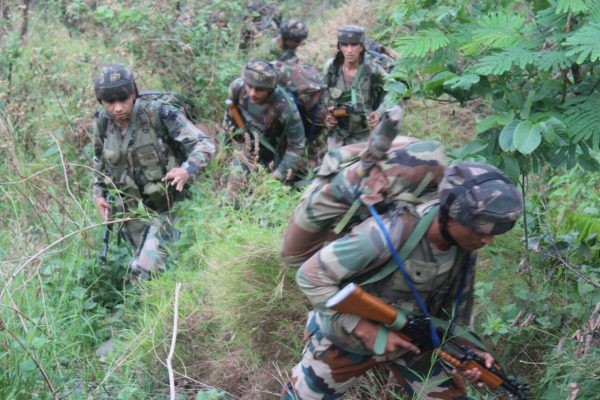Free Courses Sale ends Soon, Get It Now


Free Courses Sale ends Soon, Get It Now



Disclaimer: Copyright infringement not intended.
Context
Details
Background
Factors Prompting the Military Operation
Implementation and Outcome of Operation All Clear
Collaboration with India and International Implications
Post-Operation Developments and Reconciliation Efforts
Conclusion
Operation All Clear remains a significant milestone in Bhutan's history, demonstrating the country's commitment to safeguarding its sovereignty and national security. The successful operation, conducted in collaboration with India, highlighted the importance of regional cooperation in addressing transnational security threats and maintaining peace and stability in the region.
|
PRACTICE QUESTION Q. Discuss the significance of 'Operation All Clear' conducted by the Royal Bhutan Army against Assam-based insurgent groups in 2003. Assess the role of international cooperation in addressing cross-border security threats and maintaining regional stability. (250 Words) |
© 2024 iasgyan. All right reserved